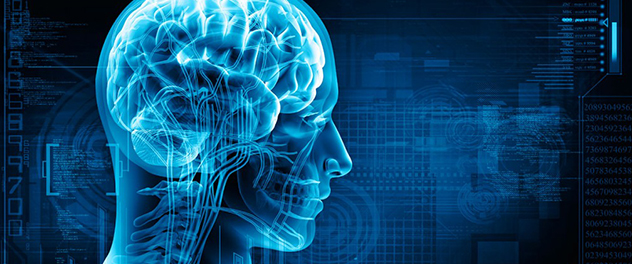 A foothold against Parkinson's disease
A foothold against Parkinson's disease
With the hope of advancing new treatments and controlling cognitive decline in Parkinson's disease and related conditions, Dr. Caviness and his team are studying the underlying causes of movement disorders and developing and validating electrophysiological biomarkers.
Overview
The Movement Neurophysiology Laboratory, led by principal investigator John N. Caviness, M.D., studies body movement in Parkinson's disease, myoclonus, tremor, dystonia and other movement disorders. Our lab also investigates movement conditions whose natures aren't yet fully known, such as the yips phenomenon in golf.
Our lab uses a variety of technology and equipment to study movement, including:
- Movement sensors.
- Electroencephalography.
- Electromyography.
- Evoked potentials.
- Responses to stimulation.
- Audio recording.
A major research focus of our lab is the involvement of cortical mechanisms in abnormal movement. We also study electrophysiology measures of general cognitive ability and specific cognitive tasks, such as speech and speech perception. These measurements can be tracked over time and used to study cognitive deterioration in dementia. These measurements may also be correlated with neuropathological and behavioral concerns.
As part of our work, data are recorded digitally and stored for offline analysis. In addition to visual inspection, our lab can perform averaging, frequency analysis and brain mapping. When needed, data may be recorded outside the laboratory and brought back for analysis.
Our research is supported by a lab team trained to take neurophysiological measurements, plus the equipment and supplies needed to record the measurements.
About Dr. Caviness
In addition to directing the Movement Neurophysiology Lab, Dr. Caviness is a neurologist at Mayo Clinic in Phoenix/Scottsdale, Arizona, and a professor of neurology at Mayo Clinic College of Medicine and Science. He is board certified in neurology, electroencephalography and other aspects of clinical neurophysiology. His hope in research is to better understand the effects of new and experimental treatments and to help identify the best early therapies to prevent progression.